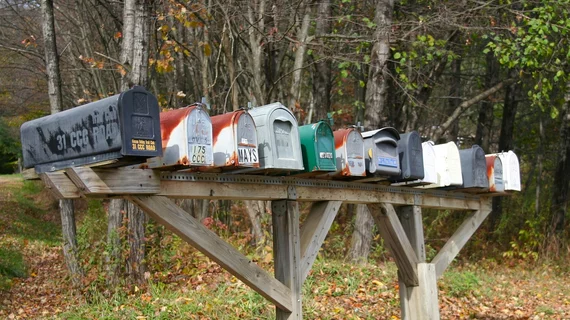NPR: Temperature control in medicine delivery a rising risk
Consumers are used to getting what they need easily with the click of a button, including ordering and receiving their prescription medications through the mail. But those deliveries may be risky if medicines aren't stored and transported carefully, according to a report from NPR.
Important medications are sometimes left outside of homes in the delivery process, exposing drugs to varying temperatures. For some patients, those actions can have consequences by impacting the effectiveness of a prescription.
In one such case in Arizona, a box of anti-rejection medications for a young boy, who had a liver transplant, was left outside the family’s garage for hours on a day when temperatures soared above 100 degrees, “well beyond the safe temperature range listed on the drug's guidelines,” NPR reported.
Shortly after, the boy’s body appeared to be rejecting the new organ, and the setback was enough for his mother to swear off mail-order pharmacy forever.
Despite the experiences shared by some consumers, online pharmacies maintain they provide temperature-controlled shipping and follow all FDA rules. Mail-order drugs are also a huge money-saver for pharmacy benefit managers, but scientists aren’t really sure how medicines are impacted by extreme temperatures, according to NPR.
The issue is getting attention as medicine delivery is becoming more widespread. E-commerce giant Amazon acquired online pharmacy PillPack in mid-2018 for approximately $1 billion. The prevalence of mail-order drugs could lead to expanded temperature control measures among pharmacies.
See the full story below:

